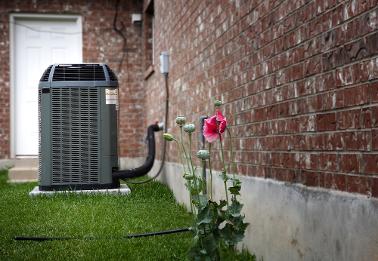 |
As it starts to get cold in Maryland, the health of your home's central heating system starts to become a concern. Around mid-fall, everyone kicks on the heat just to air it out and make sure that everything is in working condition. If you've been keeping up with your routine maintenance, then you probably have nothing to worry about. Of course, issues inevitably arise at some point, and it seems as though they always do at the most inconvenient times. While we're still in the early stages of the cold season, you should definitely look into correcting anything that seems off about your central heating now, rather than giving it time to get worse.
Ductwork Issues A lot of your ductwork, which runs throughout your home, is out of sight and therefore not inspected frequently. If it seems as though your heating system isn't running at maximum capacity, it could viably be a ductwork issue. Rodents and insects getting into the ductwork could cause a blockage that will restrict air flow and cause partial heat loss. There could also be leaks in the ductwork which need to be patched. If you suspect that it's a ductwork issue, it's a good idea to call a trusted MD heating company.
Thermostat Malfunction Signs of a thermostat malfunction could be that the house isn't warming up at all. The thermostat could be miscalculating the temperature of your home, causing it to run the heat at inappropriate times. It could just be generally nonresponsive, too, which would cause the heat not to work. A simple thermostat recalibration, which can sometimes be done yourself or sometimes requires a professional, will solve this issue and improve your heating costs.
Unlit Pilot Light If your pilot light is not continuously lit, it will affect the functionality of your heating system. Check to see if the pilot light is lit with a strong, blue flame. If it has gone out, relight the pilot light or contact your gas company to ensure there is no issue. If it is weak and yellow, call a professional as this could result in excess carbon monoxide in the home.
Aging Unit Unfortunately, sometimes a unit becomes inefficient simply because of age. If your unit is approaching the 10-year-old mark, it may be time to get a new one. Newer units are more efficient and will not only keep the home comfortable, but reduce your energy bills, too. It seems like a big investment, but it will pay off quickly.
|